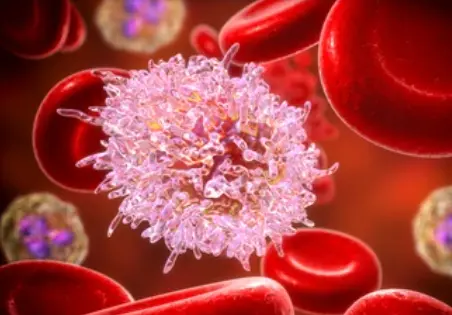 Welcome
Welcome
“May all be happy, may all be healed, may all be at peace and may no one ever suffer."
- A
- B
- C
- D
- E
- F
- G
- H
- I
- J
- K
- L
- M
- N
- O
- P
- Q
- R
- S
- T
- U
- V
- W
- X
- Y
- Z
Urinary Tract Infection caused by Staphylococcus Aureus - Generics
Urinary tract infections (UTIs) caused by Staphylococcus aureus are uncommon, as most UTIs are caused by gram-negative bacteria such as Escherichia coli. However, when Staphylococcus aureus does cause a UTI, it is often associated with a higher risk of complications, such as kidney infections or sepsis.
Staphylococcus aureus is a type of bacteria that is commonly found on the skin and in the nasal passages of healthy individuals. In some cases, it can cause infections if it enters the body through a cut or wound, or if it travels through the bloodstream to other parts of the body.
Symptoms of a UTI caused by Staphylococcus aureus may include:
- Pain or burning during urination
- Frequent urination
- Urgency to urinate
- Blood in the urine
- Pain in the lower abdomen or back
- Fever or chills
Diagnosis of a UTI caused by Staphylococcus aureus is typically made through a urine culture, in which a sample of urine is collected and tested for the presence of bacteria. Treatment may involve antibiotics to kill the bacteria, as well as pain relievers to manage symptoms. In some cases, hospitalization may be necessary if the infection has spread to other parts of the body or if complications arise.
Prevention of UTIs caused by Staphylococcus aureus includes good hygiene practices, such as washing the hands regularly and keeping any cuts or wounds clean and covered. It is also important to seek prompt medical attention if any symptoms of a UTI develop, as early treatment can help prevent complications.

Psoriasis

Spinal automatism and dis...

Anal pruritus

Chronic lymphocytic leuke...

CVD

Pre-operative skin disinf...

Inflammatory conditions o...

Neuroblastoma
Urinary Tract Infection caused by Staphylococcus Aureus, স্ট্যাফিলোকক্কাস অ্যারিয়াস দ্বারা সৃষ্ট মূত্রনালীর সংক্রমণ
To be happy, beautiful, healthy, wealthy, hale and long-lived stay with DM3S.